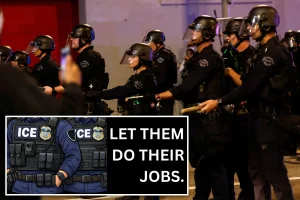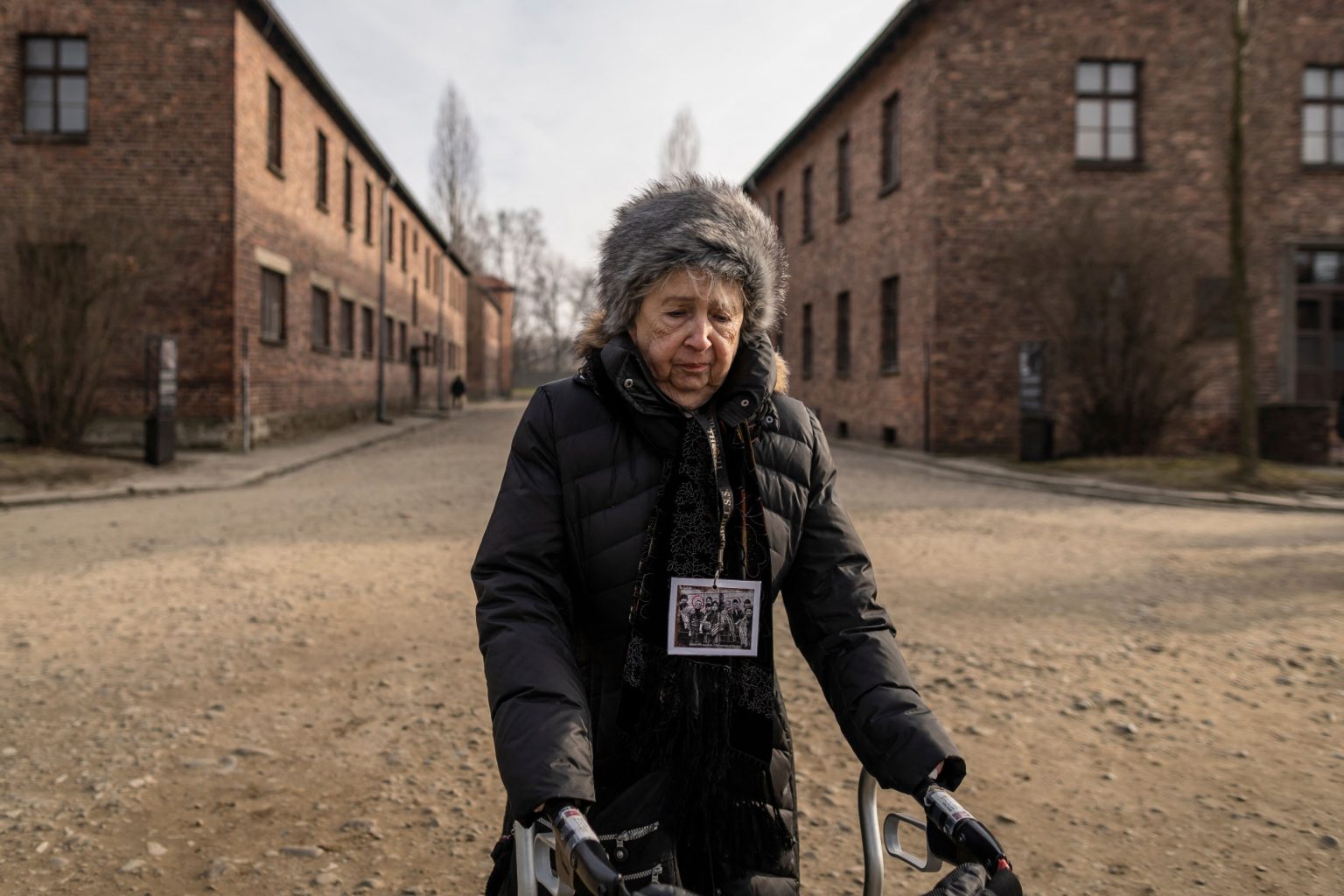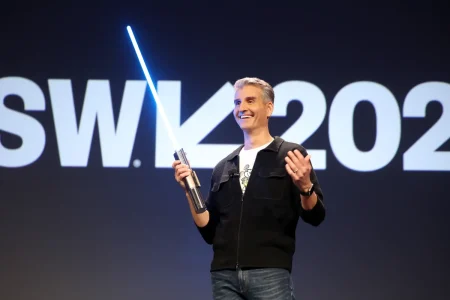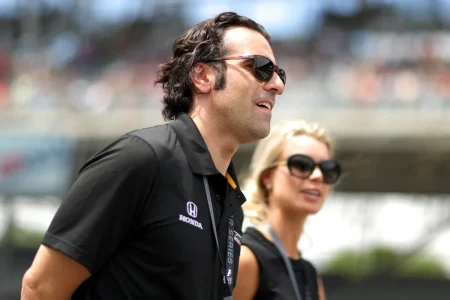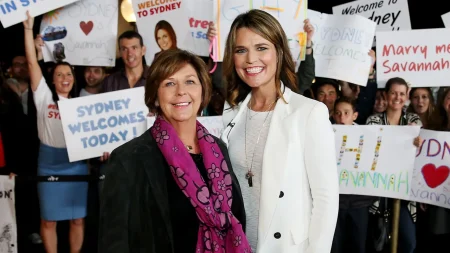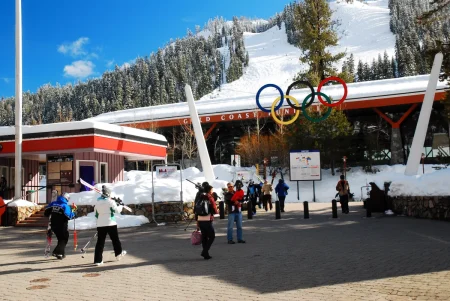The 80th anniversary of the liberation of Auschwitz-Birkenau serves as a stark reminder of the Holocaust’s devastating impact, where over a million Jewish lives were extinguished. This horrific event, orchestrated by Nazi Germany with the collaboration of others across Europe, resulted in the systematic murder of two-thirds of European Jewry. The sheer scale and calculated nature of this genocide shattered prevailing notions of human progress and societal advancement, prompting international commemorations like the UN’s designation of January 27th as International Holocaust Remembrance Day. This anniversary compels us to evaluate the effectiveness of Holocaust education in informing and sensitizing subsequent generations. While there are encouraging signs, such as the high visitor numbers at Auschwitz and the US Holocaust Memorial Museum, as well as the expanding reach of Holocaust education in schools, a disconcerting rise in Holocaust denial and distortion casts a shadow over these positive developments.
Despite the extensive efforts dedicated to Holocaust education, the proliferation of misinformation, particularly online, presents a formidable challenge. The Claims Conference’s recent survey across eight countries reveals a troubling increase in the belief that another Holocaust could occur. This sentiment, coupled with widespread exposure to Holocaust denial on social media platforms, particularly among Polish respondents, underscores the urgent need for more effective countermeasures. The survey also highlights a concerning lack of accurate knowledge about the Holocaust’s scale, with a significant portion of respondents underestimating the number of Jewish victims. This misperception is particularly alarming in Germany, given its central role in perpetrating the Holocaust.
The confluence of factors contributing to the resurgence of antisemitism and Holocaust denial demands a critical reassessment of existing educational approaches. The passage of time, the dwindling number of Holocaust survivors, evolving educational landscapes, and the pervasive influence of social media all present significant hurdles. However, new scholarship, innovative teaching methodologies, and renewed commitments to research offer promising avenues for enhancing the impact of Holocaust education. The Claims Conference survey also reveals a strong public commitment to Holocaust education, with an overwhelming majority believing in its continued importance as a preventative measure against future atrocities.
The underlying causes of the Holocaust and the actions of ordinary individuals during this period are questions that resonate deeply with many seeking to understand this historical tragedy. Exploring these questions through education can provide valuable insights and foster critical thinking skills, which are essential in navigating the deluge of online misinformation and combating denial and distortion. Effective Holocaust education must be grounded in rigorous historical analysis, encompassing the long history of antisemitism predating Nazism and the roles played by individuals and groups across Europe, including those who remained silent, those who were complicit, and those who actively resisted.
This alarming rise in antisemitism necessitates a renewed commitment to Holocaust education, focusing on relevance and historical accuracy. This approach should encourage young people to grapple with the profound questions raised by the Holocaust and to connect these historical events to their own lives and contemporary society. By understanding the historical context, the motivations, and the consequences of the Holocaust, individuals can develop a deeper appreciation for the importance of tolerance, empathy, and respect for human dignity.
The current climate of rising antisemitism and historical revisionism underscores the crucial role of Holocaust education in shaping informed and responsible citizens. By fostering critical thinking skills, promoting historical literacy, and encouraging empathy, effective Holocaust education can empower individuals to challenge prejudice and intolerance in all its forms. The 80th anniversary of the liberation of Auschwitz serves not only as a time for remembrance but also as a call to action, urging us to redouble our efforts to ensure that the lessons of the Holocaust are never forgotten and that future generations are equipped to build a more just and peaceful world.

